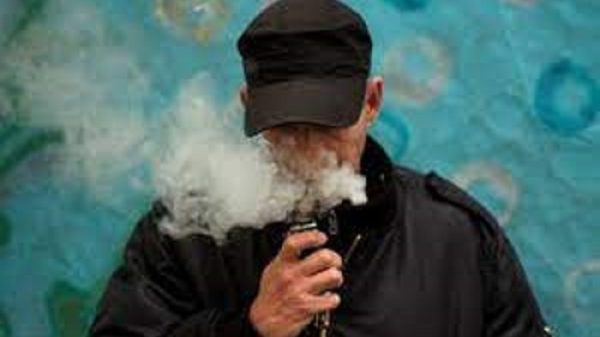New Zealand to ban disposable vapes

- Update Time : Wednesday, June 7, 2023
- 71 Time View

New Zealand announced a ban on disposable vapes Tuesday, tightening the nation’s chokehold on smoking as it also phases in a near-total prohibition on tobacco sales.
Disposable vapes — defined as those without removable or replaceable batteries — will be banned from August, Health Minister Ayesha Verrall said.
“Too many young people are vaping, which is why we’re making a number of moves to stop that happening,” she said in a statement.
New vape shops will not be allowed near schools or marae — Maori meeting places, she said.
Names like “cotton candy” and “strawberry jelly donut” will be barred, the minister added, in favour of generic equivalents such as “berry”.
Vapes will also need a child-safety mechanism, she said.
Verrall said the government wanted to strike a balance between preventing young people from starting to use vapes and allowing people to use them as an aid to quitting smoking.
Six months ago, New Zealand announced it would make cigarettes permanently unavailable to anyone currently aged under 14 — effectively raising the smoking age each year until the whole population is covered.
The number of adults smoking in New Zealand is already relatively low at just eight percent.
But Prime Minister Chris Hipkins said the new vape restrictions were needed for the young.
“We have heard from parents, teachers and principals concerned that a life-long bad habit is being established for many at a young age,” Hipkins said.
Nearly one in five school-aged teenagers vape at least once a day in New Zealand, according to a 2021 study by the Asthma and Respiratory Foundation.
The crackdown on disposable vapes comes a month after Australia took similar action, accusing tobacco companies of hooking the next “generation of nicotine addicts” by deliberately targeting teenagers.
E-cigarettes were introduced in the early 2000s and initially billed as a less-harmful replacement for traditional cigarettes packed with cancer-causing chemicals.
But an emerging body of research has shown vapes can also be highly addictive, and often result in young users turning to cigarettes as a way to get their nicotine fix.















